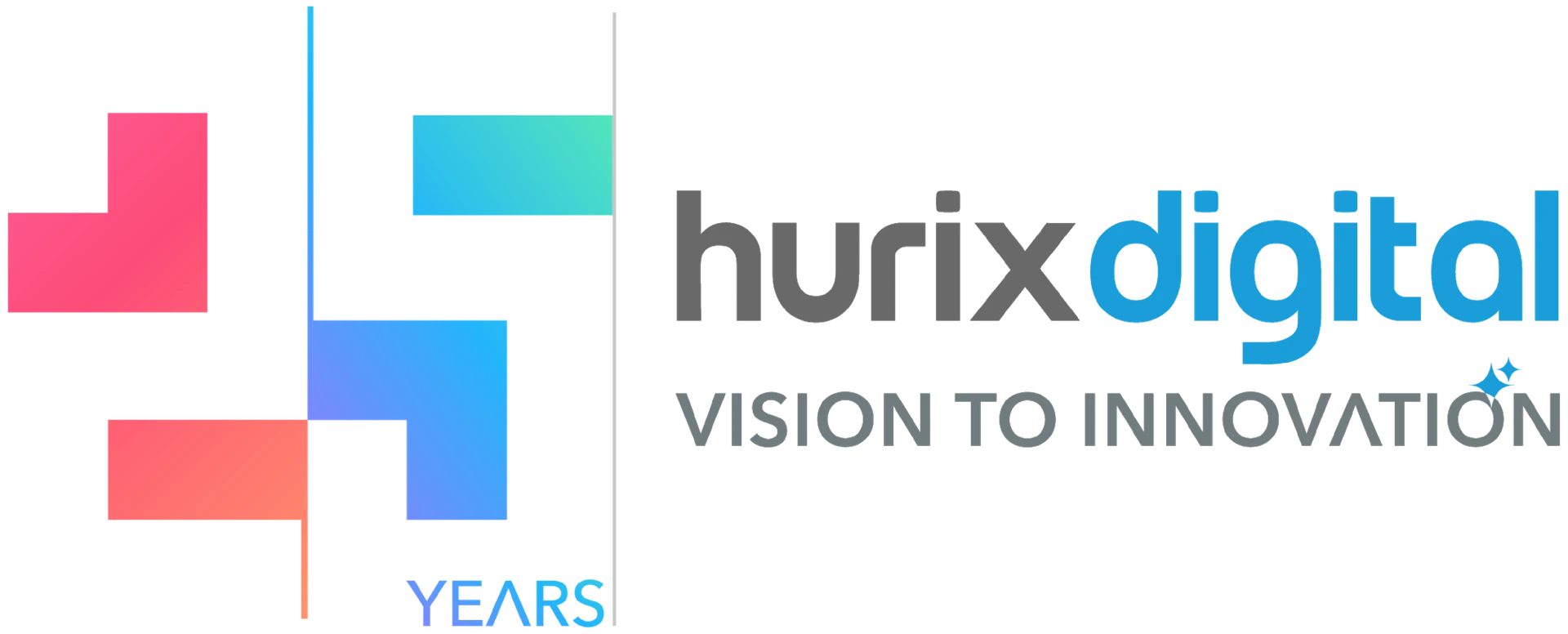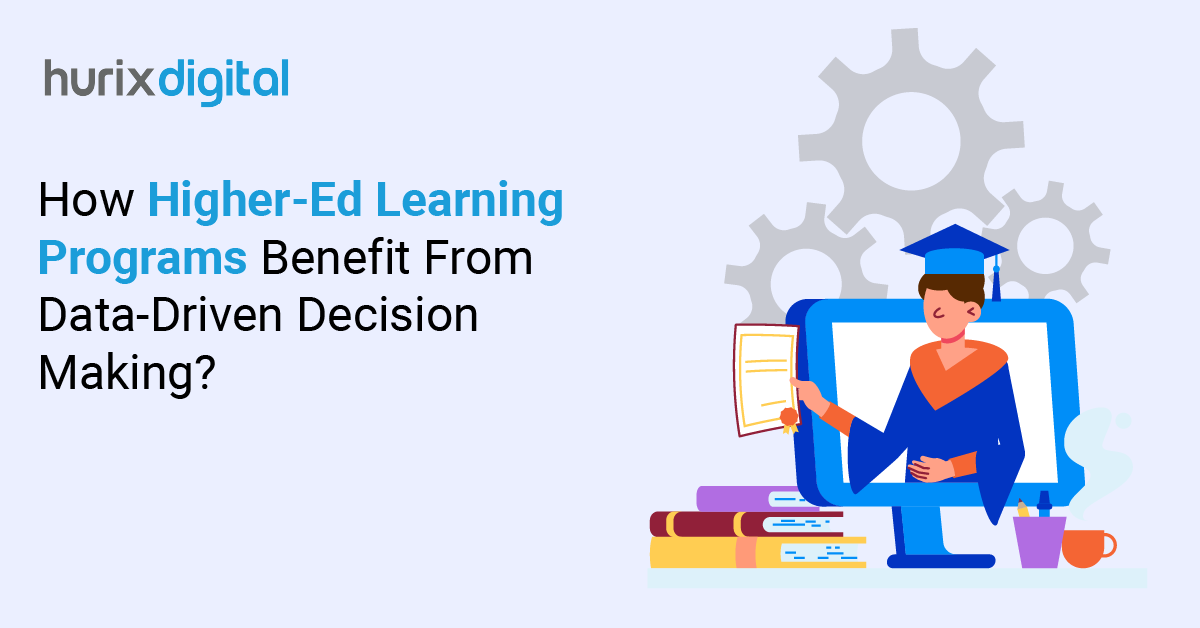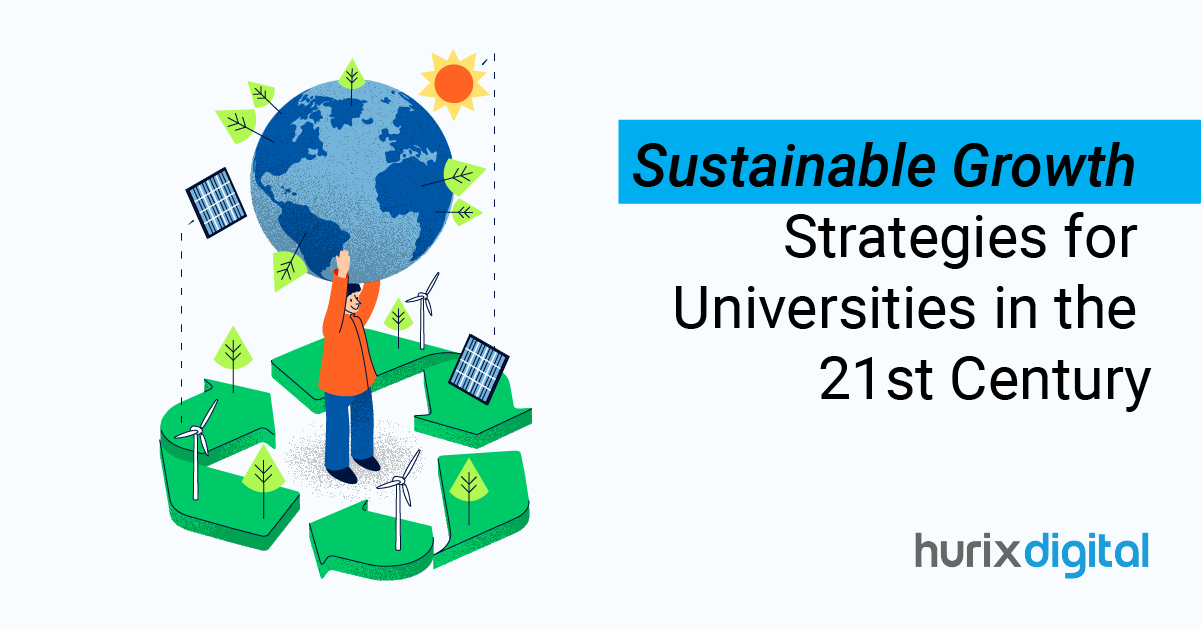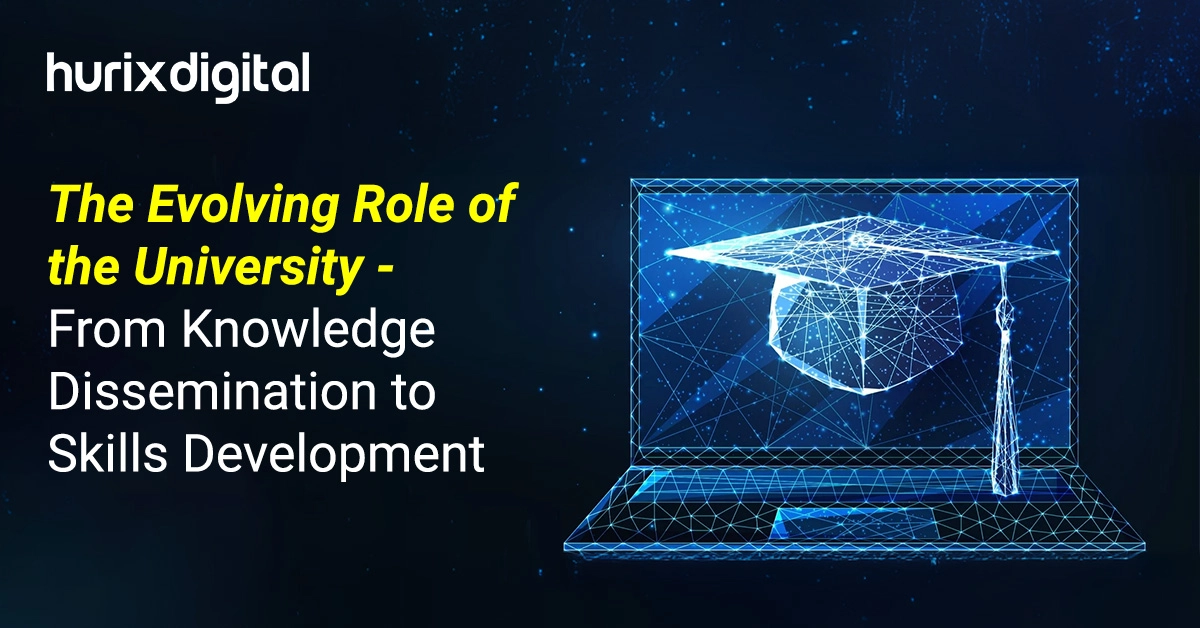
5 Ingenious Ways to Prep Learners for New Professional Opportunities in Higher Education
Summarize with:
As technology keeps evolving, so do job roles. With the advent of AI changing the job landscape, traditional career paths are also giving way to newer opportunities. According to a report on the fastest-growing careers of 2024, data scientists, nurse practitioners, information security analysts, and solar photovoltaic installers, will be in demand. The survey was conducted among 6,290 accredited non-profit educational institutions globally.
Exposing learners to emerging career paths can help educators add more value and stay relevant to learner aspirations. To do so, educators must have a strategy that allows them to keep curriculum creation and delivery agile. In this blog, we outline key strategies that can help educators effectively integrate emerging careers into higher education curriculum frameworks.
Table of Contents:
- Why Focus on Emerging Careers in Higher Education
- Key Strategies to Integrate Emerging Careers in Higher Education
- Impact of Spotlighting Emerging Careers in Higher Education
- Conclusion
Why Focus on Emerging Careers in Higher Education
Workplaces, today, are looking to hire professionals with a reduced time to proficiency (TTP). This is an important hiring metric that enables them to reduce the cost-to-company investment in a potential employee. One of the best ways to do so is to hire experienced professionals and freshers who already possess the skills required to excel at the job. A survey of 17 million job listings in the USA, for instance, revealed that employers seek 10 soft skills in the wage ladder’s top 25% of hires. These include strategic thinking, negotiation, presentation skills, and emotional intelligence.
As a result, learners want to enroll in courses that include adequate preparation for career growth. Educational institutes that proactively integrate emerging careers in higher education can stay relevant to learner aspirations and boost the enrollment rate.
Also Read: The Role of Technology in Closing the Education Equity Gap
Key Strategies to Integrate Emerging Careers in Higher Education
Colleges and universities must consider the following strategies to successfully blend higher education and career readiness:
1. Focusing on Skills for Emerging Careers
Institutes must identify emerging careers in every stream and have a robust strategy to equip students with relevant skills. These skills can be built in diverse ways.
For instance, the use of live simulations using technologies such as Virtual Reality (VR) and Augmented Reality (AR) has been a game-changer for skill-building. From nursing and medicine to engineering and financial services, the adoption of life simulations enables learners to learn skills, practice and experiment, and collaborate as teams.
2. Strengthening Industry Engagement & Partnerships
Forging strong partnerships with related industries—from healthcare and retail to financial services—is another strategic way to spotlight emerging careers in the curriculum. Such partnerships can culminate into a range of activities. These include:
- Guest lectureship
- Live and virtual masterclasses with industry doyens
- Internships and placements
- Mentorship programs
- Unique collaborative events
- Co-authored courses
3. Exposure to Practical Experience
One of the most important pillars of a robust educational program is gaining hands-on practical experience in the industry before officially joining the workplace. This outcome can be achieved in a number of ways:
- Students can be encouraged to take up part-time employment while pursuing their course.
- Alternatively, they can take up focused internship programs with industry leaders during the course of the program. Internships are especially transformative for students as they get to understand the inner workings of their industry.
This real-life exposure helps students in preparing for the future workforce, by offering a canvas where they can test and hone their skills in the real world.
4. Career Guidance and Mentorship
Students may face challenges in choosing the right career path based on diverse interests and skills. This is where having access to career counseling and guidance can help them know themselves better and get clarity. Higher education career guidance makes them aware of all the various career opportunities available to them.
Introducing career-based assessments and testing can also help students understand themselves, their skills, and their interests better. Thus, data can play an important role in helping educators support students in becoming career-ready.
Additionally, career readiness initiatives such as workshops featuring prominent professionals in the field can also serve as an eye-opener for students. The adoption of an automated feature-rich Learning Management System (LMS) allows institutions to invite professionals from around the world to post workshops and sessions virtually.
5. Building a Life-Long Learning Ecosystem
Working professionals need to be lifelong learners to stay relevant in their chosen fields. Educators must adapt to the changing mindset and build ecosystems that support lifelong learning. This means that learners have the opportunity to continue investing in the learning journey after passing out of their course.
By adopting the use of an automated AI-based LMS educators can build a lifelong learning ecosystem. Such a platform can comprise alternative credentials, community support, access to career guidance and mentorship, access to an on-demand resource library, and learners returning to enroll in additional courses.
Impact of Spotlighting Emerging Careers in Higher Education
Focusing on emerging careers in higher education comes with several benefits as follows:
- This approach improves the return on investment for students by preparing them for the job market, and to excel in their future careers.
- Engagement with the industry can result in value-added collaboration such as co-creation of programs and research projects.
- As learners seek more value, the focus on emerging careers in higher education can translate to a reputation boost for educators, and in turn, higher enrollment rates.
- Educational institutes can stay competitive and relevant in their offerings, and continue to thrive in an increasingly digitized world.
Also Read: How to Successfully Implement Data Analytics in Education?
Conclusion
Career-oriented courses can equip students to be prepared for the contemporary world of work. Educators must invest in building a robust strategy to spotlight emerging careers in higher education frameworks.
Introducing career guidance opportunities, industrial engagement, practical training experiences, emphasis on skill building, and nurturing a lifelong learning ecosystem also students to excel in their chosen field.
Higher education institutions that adopt the use of an automated AI-powered LMS will be equipped to build such a robust learning ecosystem and stay relevant to students in the long term.
Colleges and universities looking to revamp their curriculum design and delivery strategies must consider investing in the right technology. Hurix Digital‘s automated AI-powered Learning Management System (LMS) solutions are helping higher education institutions transform the learning experience and drive superior learning outcomes.
Get in touch with us to start a conversation.
Summarize with:

Senior Vice President
A Business Development professional with >20 years of experience with strong capability to sell new solutions and develop new markets from scratch. New Market Entry Specialist with experience working in the largest emerging markets. Exceptional experience in conceptualizing, ideating and selling new learning technologies like VR AR, etc. across multiple industry verticals.
 A Space for Thoughtful
A Space for Thoughtful 



